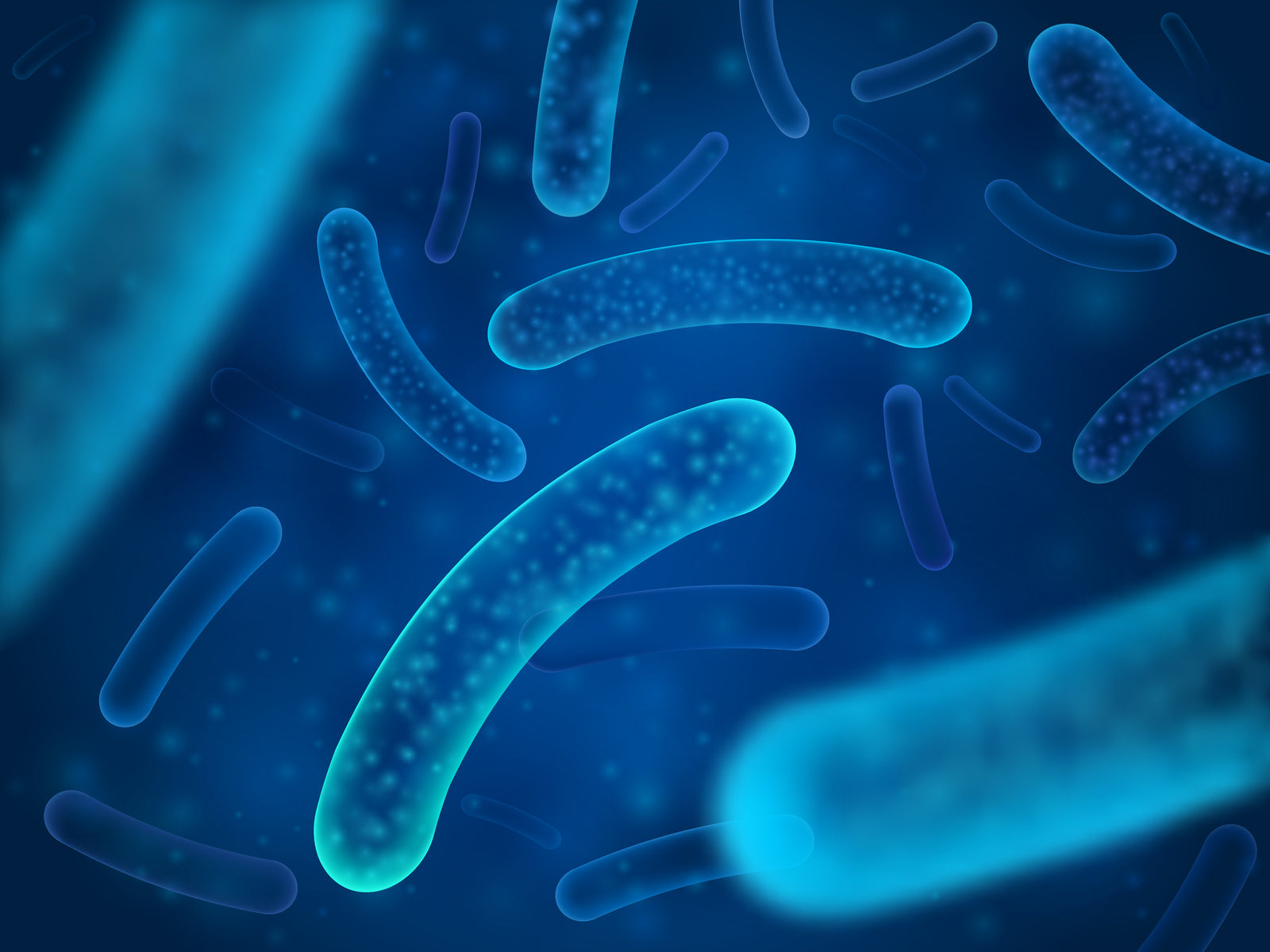What Disease Does Lactobacillus Cause?

Lactobacillus bacteria is not usually considered dangerous for the body, as it is a type of ‘good’ bacteria that are already present in the body. This type of ‘friendly’ bacteria can be found in the mouth, gut and even the vagina; as well as in certain foods. The different strains of Lactobacillus can all serve a very important function in our overall gut health. Lactobacillus organisms are not commonly linked to any risks to a person's health, so long as that person does not have underlying conditions that are known to cause internal infections or abscesses. Lactobacillus bacteria strains are deemed safe and nonpathogenic; with no evidence to suggest consumption of Lactobacillus probiotics poses any risk of infections.
However, probiotics are not for people with underlying health conditions; seek medical advice if you are unsure if probiotics are right for you. Even though the risks are little to none, if you suffer from any health conditions, you may seek advice from your GP first as a probiotic supplement might be unsuitable with your medication or treatment plan.
What does Lactobacillus do to your body?
Lactobacillus is a ‘friendly’ bacteria that live in our bodies normally that can help us absorb nutrients, break down our food, fight against ‘unfriendly’ bacteria and even help the body's natural defence against toxins. There are over 170 species and 17 subspecies of Lactobacillus that all have their function and purpose; for instance, Lactobacillus Acidophilus can be used to treat bacterial vaginosis and promote the growth of good bacteria as well as support the digestive system. Another widely used probiotic strain is Lactobacillus Rhamnosus which is believed to help prevent and treat gastrointestinal infections and bowel obstructions. Many popular probiotic supplements may also include Lactobacillus Reuteri in their bio complex culture as this is also a useful probiotic used to improve digestion and restore normal flora.
Where can Lactobacillus be found in the human body?
Different species and subspecies of Lactobacillus can be found in different parts of the body, but you can typically expect there to a combination of probiotic bacteria to be present in the gut, mouth and vagina. These areas inside the body are, typically, places where bacteria not only live but thrive. This also means that these areas in the human body can be a breeding ground for ‘bad’ and ‘unfriendly’ bacteria to populate. Too many bacteria in these areas can cause a significant number of risks to your health depending on how advanced they are. For instance, too many unfriendly bacteria in the vagina can cause bacterial vaginosis; therefore probiotic supplements (L.acidophilus) would be needed to help ‘prompt ‘friendly’ bacteria to rebalance the bacteria levels and clear up a bacterial infection.
The same principle applies when it comes to our overall gut health; the gut is filled with both ‘good’ and ‘bad’ bacteria; therefore most stomach, gastrointestinal, digestive and bowel upsets are caused by either a build-up of ‘bad’ bacteria or a significant lack of ‘friendly’ bacteria. An unhealthy gut can cause a long list of issues; aches, pains and obstructions being the most common which are why probiotic bacteria can be so useful. It’s a safe way of ensuring the body has enough good bacteria to help aid in digestion, absorb nutrients and keep bacterial levels stable!
Does Lactobacillus cause inflammation?
Lactobacillus is a popular probiotic supplement that would most likely be taken by someone who is looking for a natural aid for stomach upset and pain; like inflammation, bloating and cramps. Therefore, Lactobacillus probiotic itself is not known or believed to cause inflammation as a serious side effect when taking it. However, someone may experience very mild stomach upset, inflammation and maybe even the occasional case of bloating when they first begin taking probiotics for the first time. Therefore, other than the gut adjusting itself to the new probiotics supplement; there should be no side effects when taking Lactobacillus which includes no inflammation.
The only instances when side effects may arise or persist longer than ‘they should’ would be in cases when someone is taking the probiotics to supplement whilst suffering from an underlying health condition, taking prescription medication or having allergies. Whilst probiotics are considered very safe, these factors can arise in these situations and should therefore always be discussed by your GP before you begin taking any probiotic supplements whilst suffering from allergies or health issues!
Is Lactobacillus bacteria or virus?
In a bid to avoid too much scientific jargon that may further add to any confusion surrounding Lactobacillus, we will stick with a simplified response to this question by saying that Lactobacillus is a bacteria! They are Gram-positive and catalase-negative, meaning they have thick cell walls and protect cells from oxidative damage. Lactobacillus bacteria are rod-shaped, they do not form spores but do produce lactic acid as the major end product of fermentation.
Lactobacillus species can be divided into three groups:
- Obligately homofermentative Group 1
- Facultatively heterofermentative Group 2
- Obligately heterofermentative Group 3
Bacilli are a taxonomic class of bacteria that include Bacillales and Lactobacillales, which do contain many pathogens such as Bacillus anthracis. Bacillus also refers to a specific genus of bacteria. That all might be a little too much to remember, but in short, Lactobacillus is a bacteria with over 170 species and 17 subspecies that all serve their purpose; therefore probiotic bacteria can be very beneficial for our health!
We hope today's Health Insiders Blog Post has shed more light on Lactobacillus and reaffirmed that it is a type of safe (probiotic) bacteria that is highly beneficial for the gut, mouth and even vagina. If you do have any further questions, then you can read through our blog catalogue or drop us a DM on Instagram where our experts will get back to you!















